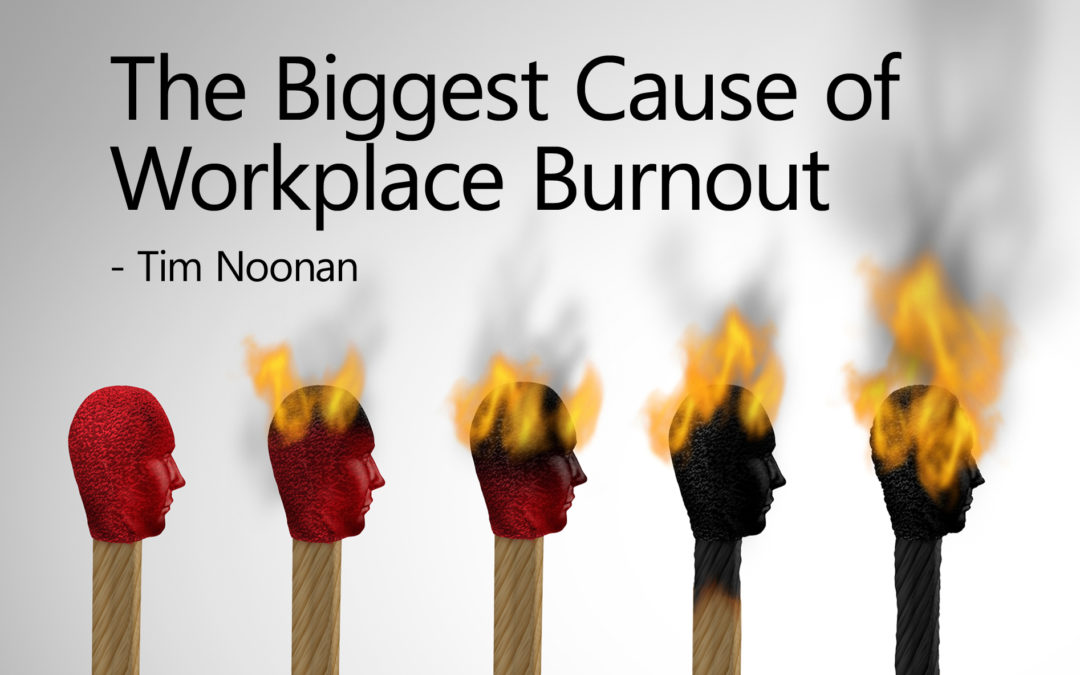We’ve all felt it and seen it in our coworkers – a positive link between job satisfaction and productivity.
When we’re happy with our company and our role in it, when there’s a healthy level of challenge to keep us engaged and when we feel we’re contributing to the team, we are motivated to do our job … and do it well!
But when something happens to turn any of those positive aspects toxic, we can quickly be pushed over the edge with stress that sends both job satisfaction and productivity into a nosedive.
According to Corporate Wellness magazine, even though a job improves the health and general outlook of many people, workplace stress can become so significant “that it outweighs any possible benefits and even poses a threat to [our] health.”
And, if work-related stress is prolonged or excessive, it raises the likelihood of physical, mental and emotional exhaustion known as “burnout.”
Dr. Christina Maslach, a professor of psychology emerita at UC Berkeley and an expert on the subject, defines occupational burnout as “a high frequency of three things: exhaustion, cynicism and a lack of professional efficacy on the job.”
Lack of control over matters that directly affect our job is one of the leading contributors to burnout. Workload, access to proper work tools, and even work schedules are among the things beyond an employee’s control. If supervisors or managers are inconsiderate and don’t take input from their direct reports, burnout can occur more often. Other factors include lack of a proper work-life balance, defective work dynamics and unclear job expectations.
“Casual full-time workers, who are likely to have the lowest job control and high job demands are most at risk of job strain,” adds Corporate Wellness.
The effects of work-related stress are diverse.
The American Psychological Association has determined that musculoskeletal pain in the low back and upper extremities are linked to stress and “especially job stress.”
High blood pressure, type 2 diabetes and mental health issues are among the health problems that can be caused by work-related stress. Job stress can also lead to substance abuse and a long-term downward spiral in an individual’s quality of life.
We know that adversity builds character, and a certain amount of perseverance through difficult times is valuable. But awareness that there are serious dangers to letting stress get out of hand, and more importantly having permission to make adjustments to avoid work-related stress, are essential to individual health and the health of any well-run business.
Managers who are skilled at empathetic leadership are able to recognize the signs before burnout and later disengagement or even turnover becomes an issue. Creating a safe workplace culture where an open dialogue is encouraged can go a long way in reaching workable solutions.
More and more companies are offering healthy activities like yoga and tai chi classes, as well as mindfulness and meditation programs to employees for stress management. Studies have shown that these practices as well as carving out unscheduled time and taking ‘brain breaks’ can improve productivity and reduce burnout in the workplace.
Mitigating workplace burnout by investing in the well being of all employees is not only the right thing to do, it is a sound business investment that pays great dividends. It reduces turnover, improves productivity and allows companies to recruit top talent.
